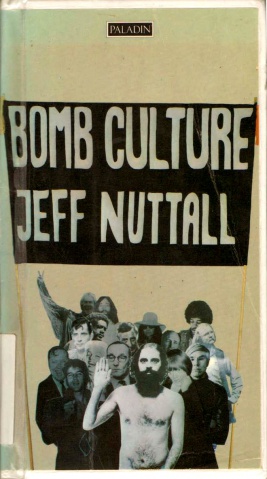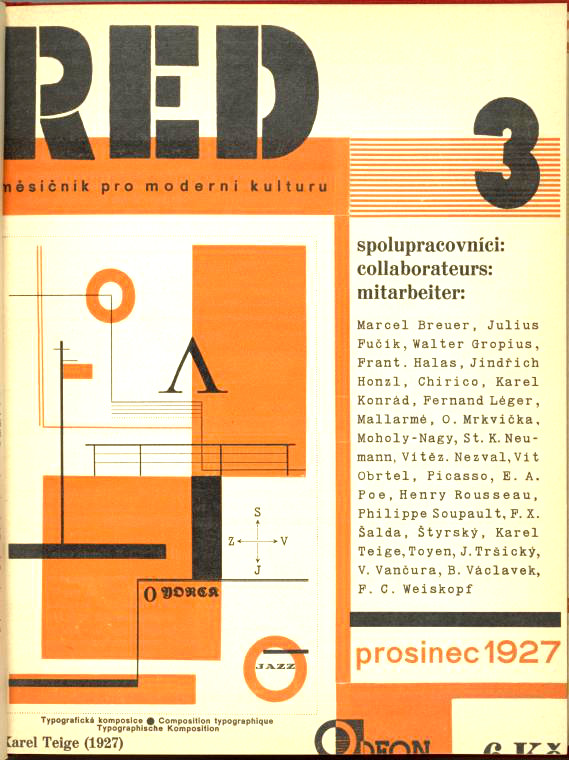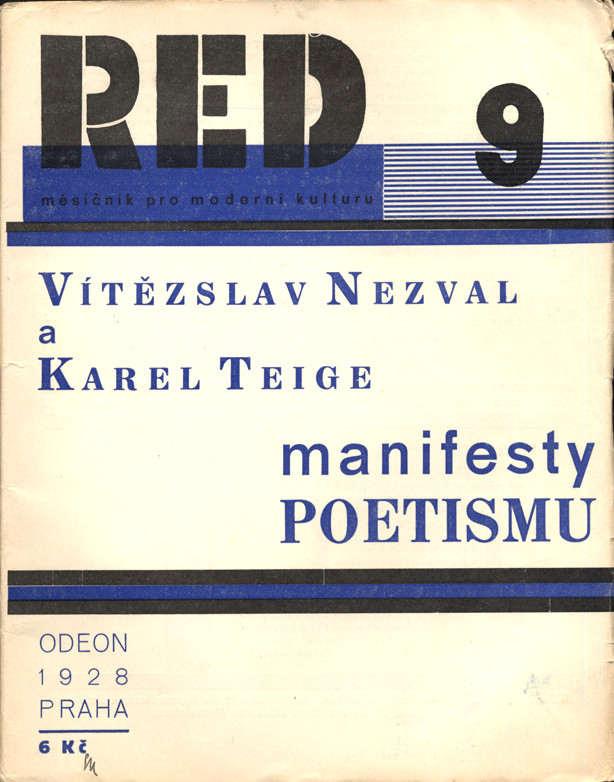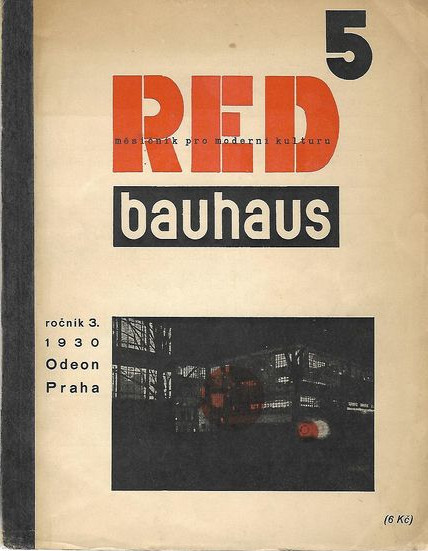Jeff Nuttall: Bomb Culture (1968/1970)
Filed under book | Tags: · activism, affect, anarchism, art, avant-garde, biography, cold war, counterculture, literature, social movements, underground, united kingdom

“Jeff Nuttall’s book, Bomb Culture, an idiosyncratic and semi-auto-biographical account of the build-up to 1968, was written in 1967 and first published just before May 1968. It remains a key primary source for the emergence of international counter-culture in the 1960s. Nuttall played a key role in the London underground scene and coordinated a network of connections with European and American avant-gardes through correspondence and the instigation of a number of small journals and pamphlets, publishing William Burroughs, Dom Sylvester Houédard, Carl Weissner and Michael McLure in his My Own Mag between 1964-67. Through a diverse body of practices, Nuttall – a performance artist and poet – advocated the insurrectionary power of spontaneity and persistently articulated a connection between the power of the imagination and collective revolutionary political consciousness.” (Gillian Whiteley, 2008)
First published by MacGibbon & Kee, 1968
Publisher Paladin, London, 1970; 1972 reprint
252 pages
via filboid
Interview with the author (John May, 1984)
Wikipedia
PDF (no OCR)
Comment (0)Craig Dworkin: No Medium (2013)
Filed under book | Tags: · architecture, art, art theory, attention, body, book, conceptual art, dada, film, fluxus, literature, media, music, painting, paper, phonograph, sculpture, sex, silence, temporality, time, translation, typography
“In No Medium, Craig Dworkin looks at works that are blank, erased, clear, or silent, writing critically and substantively about works for which there would seem to be not only nothing to see but nothing to say. Examined closely, these ostensibly contentless works of art, literature, and music point to a new understanding of media and the limits of the artistic object.
Dworkin considers works predicated on blank sheets of paper, from a fictional collection of poems in Jean Cocteau’s Orphée to the actual publication of a ream of typing paper as a book of poetry; he compares Robert Rauschenberg’s Erased De Kooning Drawing to the artist Nick Thurston’s erased copy of Maurice Blanchot’s The Space of Literature (in which only Thurston’s marginalia were visible); and he scrutinizes the sexual politics of photographic representation and the implications of obscured or obliterated subjects of photographs. Reexamining the famous case of John Cage’s 4’33”, Dworkin links Cage’s composition to Rauschenberg’s White Paintings, Ken Friedman’s Zen for Record (and Nam June Paik’s Zen for Film), and other works, offering also a “guide to further listening” that surveys more than 100 scores and recordings of “silent” music.
Dworkin argues that we should understand media not as blank, base things but as social events, and that there is no medium, understood in isolation, but only and always a plurality of media: interpretive activities taking place in socially inscribed space.”
Publisher MIT Press, 2013
ISBN 0262018705, 9780262018708
219 pages
Interview with the author (Critical Margins)
Author’s lecture at Penn Poetry & Poetics (video, 19 min)
Reviews: Johanna Drucker (Los Angeles Review of Books), Michael Leong (Hyperallergic).
Commentary: Richard Marshall (3:AM Magazine).
ReD (Revue Devětsilu): modern culture monthly (1927-1931) [Czech]
Filed under magazine | Tags: · architecture, art, art theory, avant-garde, bauhaus, constructivism, czechoslovakia, dada, design, film, graphic design, literature, photography, poetry, psychoanalysis, radio, surrealism, theatre



ReD (měsíčník pro moderní kulturu / Revue internationale illustrée de l’activité contemporaine / Internationale Monatsschrift für moderne Gestaltung) was an art magazine published by members of the Czech avant-garde art collective Devětsil.
Thirty numbers were published, with the special issues on the Russian avant-garde, Bauhaus, and photography/film/typography.
Several manifestos appeared in the journal: Toyen and Jindřich Štyrský’s Artificielisme (1:1, 1927), Karel Teige’s second Poetism manifesto [Manifest Poetismu] (1:9, 1928), and the Left Front [Levá fronta]’s founding manifesto (3:2, 1929).
Edited and designed by Karel Teige
Publisher Odeon – Jan Fromek, Prague
via NYPL Digital Library
Each volume in a single PDF (low resolution):
Volume I, 1927-1928 (10 issues, 360 pages)
Volume II, 1928-1929 (10 issues, 324 pages)
Volume III, 1929-1931 (10 issues, 315 pages)
Selected issues in separate PDFs:
The Russian Issue (1:2, Nov 1927)
Foto Film Typo Issue (2:8, Apr 1929)
The Bauhaus Issue (3:5, Feb 1930, partly in German)
JPG pages (search in page annotations):
View online
See also Devětsil: Revoluční sborník (1922), edited by Jaroslav Seifert and Karel Teige, in Czech.
Comment (1)

